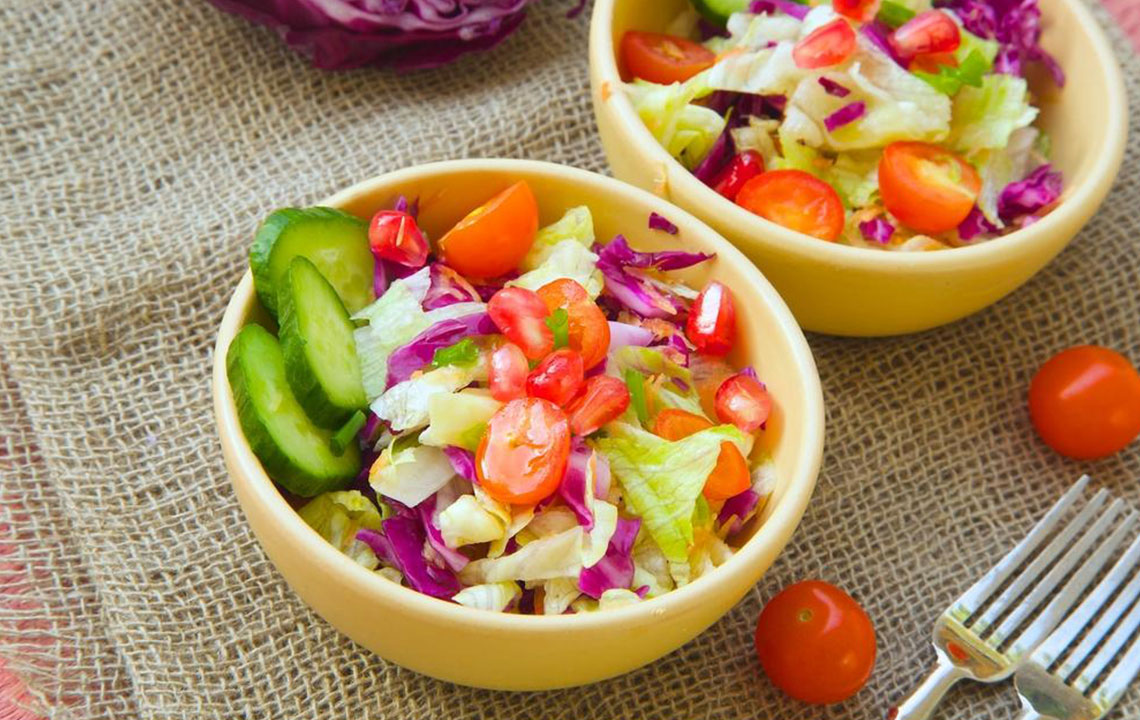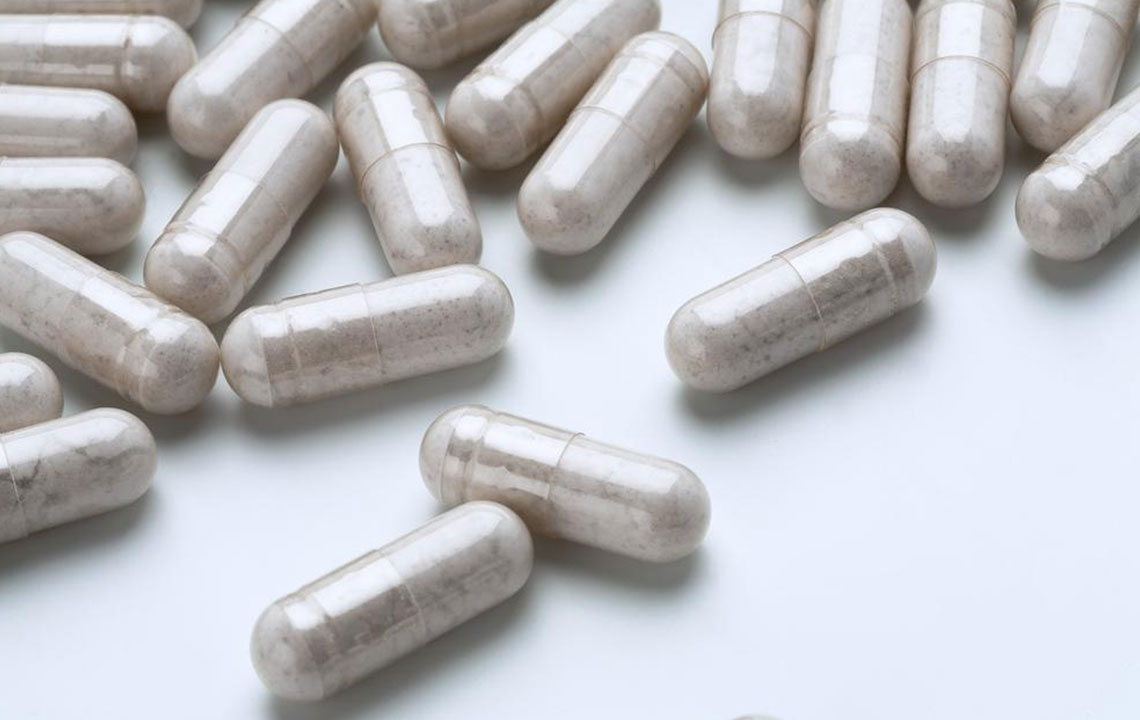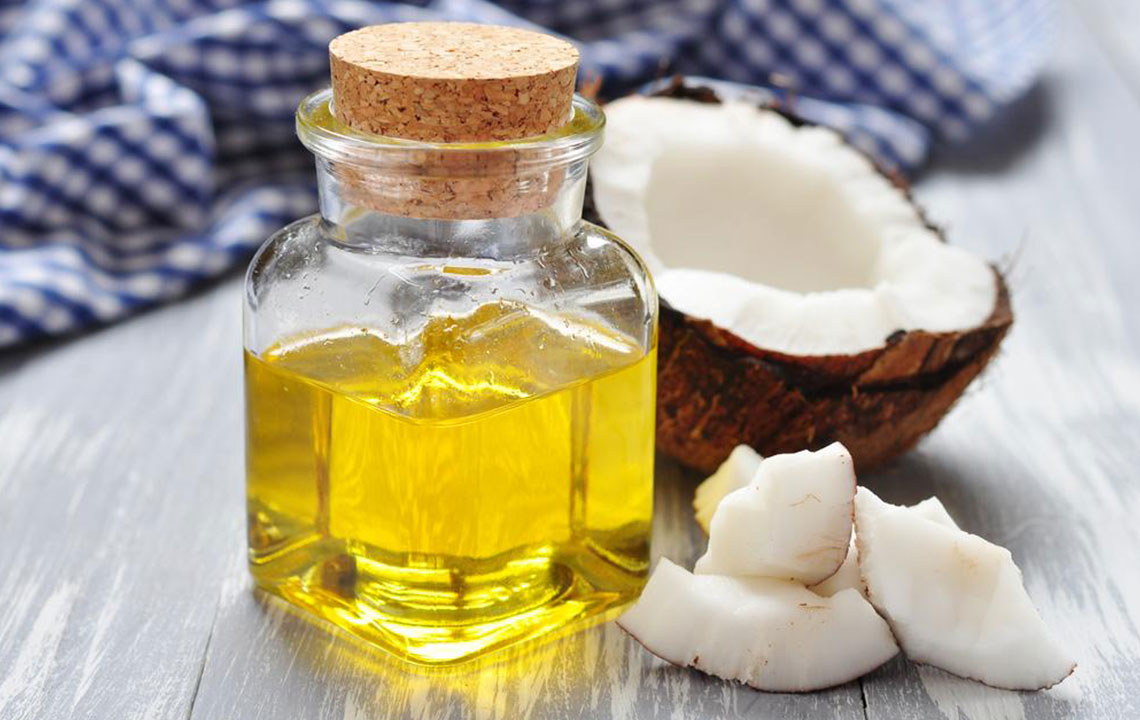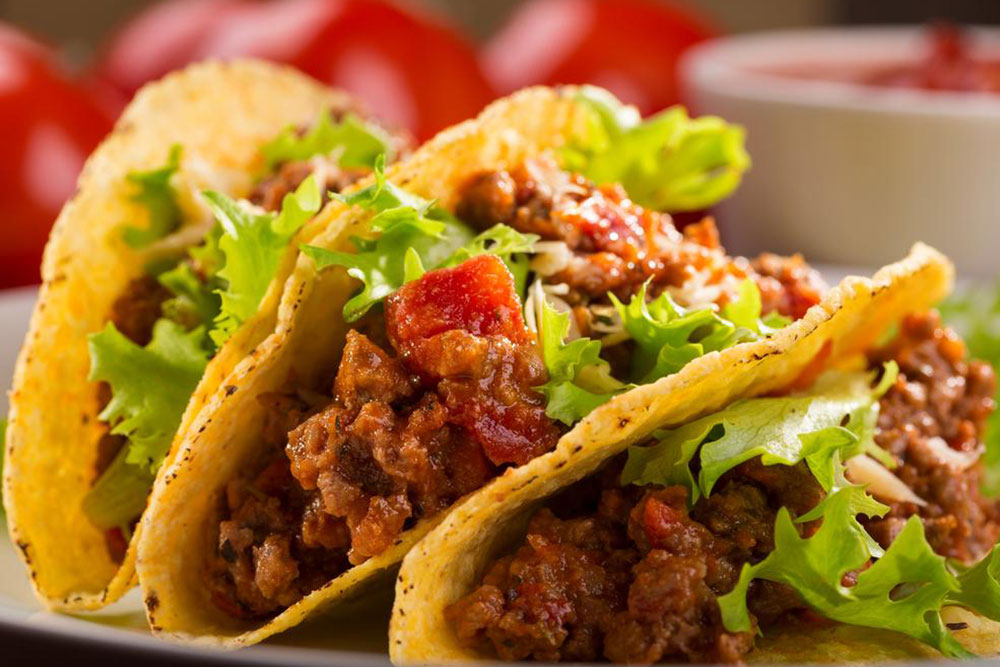Effective Dietary Strategies for Relieving Constipation
This article highlights dietary strategies to ease and prevent constipation by emphasizing fiber-rich foods and hydration. Key foods like broccoli, grapes, yogurt, and prunes are recommended, while gluten, fried foods, and alcohol should be limited. Adopting these dietary habits can significantly improve bowel health, reduce discomfort, and enhance overall digestion. Tailoring your diet is a natural and effective way to manage constipation without excessive medication or invasive procedures, promoting better gut health and quality of life.
Effective Dietary Strategies for Relieving Constipation
Constipation is a prevalent digestive issue characterized by infrequent or difficult bowel movements, typically fewer than three times weekly. Over 2.5 million Americans experience this condition, especially individuals aged 65 and above, pregnant women, children, those with poor diets, and individuals with limited physical activity.
While occasional constipation often resolves on its own, chronic cases can cause persistent discomfort and affect daily life.
Recognizing Symptoms and Causes
Signs include hard, lumpy stools, a lingering feeling of blockage, the need for manual assistance, and fewer than three bowel movements each week. Unhealthy eating habits and dehydration are primary contributors, along with medical conditions like diabetes, Parkinson’s disease, IBS, hormonal imbalances, medication side effects, travel, and limited physical activity.

Adjusting your diet is often enough to alleviate constipation. Consuming fiber-rich foods and staying hydrated help keep stools soft and easier to pass. Conversely, low-fiber diets and dehydration lead to hard, dry stools that are difficult to evacuate. Other factors like travel, medications such as calcium-based antacids, and certain health conditions can also induce constipation.
Dietary Approaches to Combat Constipation
Adopting a diet with specific foods can significantly improve bowel health. Here are some key foods to include and avoid for better digestion.
Foods to Incorporate
Broccoli
This vegetable contains sulforaphane, which promotes gut health and digestion. Just half a cup of cooked broccoli provides over 2.5 grams of fiber, aiding stool softening. It is also rich in vitamins A, C, E, K, and essential minerals like iron and magnesium.
Grapes
Grapes are high in dietary fiber, water, and cellulose, making them excellent for relieving constipation. Their high skin content enhances fiber intake, helping facilitate smoother bowel movements.
Water
Staying well-hydrated is vital, as water softens stool and helps prevent dehydration-induced constipation. Lemon water can also be beneficial for promoting regularity.
Pulses
Legumes like beans, lentils, chickpeas, and peas are rich in resistant starch and fiber, stimulating digestion and easing stool passage. They also provide vital nutrients such as potassium and zinc.
Yogurt
Yogurt contains probiotics—beneficial microorganisms that enhance gut health and increase bowel movement frequency, aiding digestion.
Prunes
This dried fruit is loaded with sorbitol and phenolic compounds that promote gastrointestinal health. Prunes increase stool frequency, improve consistency, and enhance water absorption in the intestines.
Whole Wheat Products
Whole wheat foods, including bread and cereals, offer insoluble fiber that speeds up intestinal transit and supports gut health through added probiotics.
Foods to Limit or Avoid
Gluten-Containing Foods
Wheat, barley, and rye contain gluten, which can trigger digestive issues in sensitive individuals, including those with celiac disease or gluten sensitivity, worsening constipation.
Fried and Processed Foods
These foods contain excessive fats and salts that slow digestion and dehydrate stools, making elimination difficult. Snacks like chips and baked goods often lack sufficient fiber, further contributing to constipation.
Alcohol
Excessive alcohol intake can cause dehydration, intensifying constipation symptoms. Limiting alcohol consumption can help maintain hydration and digestive health.










